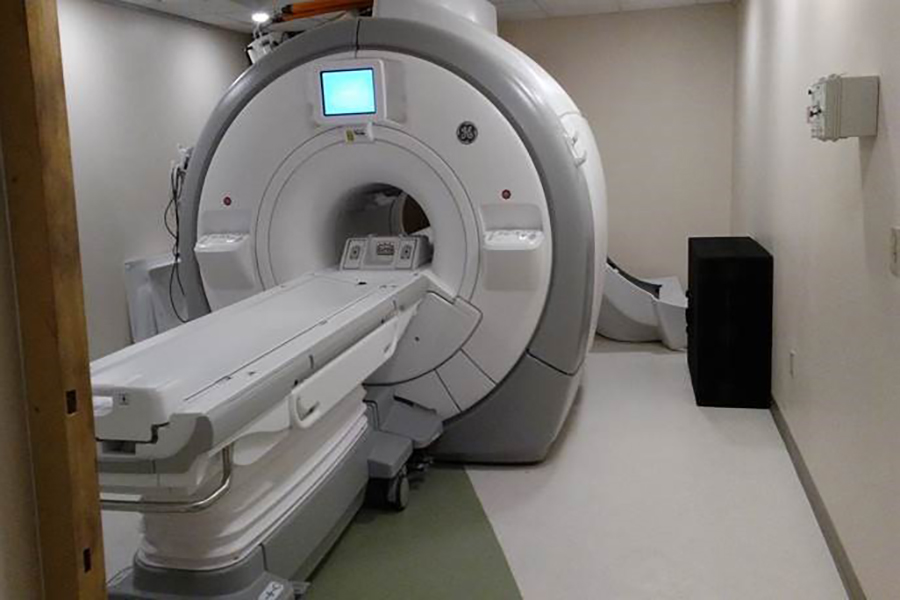Purdue Neurotrauma Group leads statewide study of experimental treatment for Hoosier veterans with traumatic brain injuries
Purdue University researchers have received a $511,946 grant from the Indiana State Department of Health to perform an MRI longitudinal pilot study of Hoosier veterans with traumatic brain injury (TBI) who are participating in an experimental treatment.
“Our research is directly exploring alternative therapies for veterans with TBI and associated PTSD,” said Art Terlep, a graduate student at Purdue University’s School of Electrical and Computer Engineering, former US Air Force science officer, and lead coordinator for the statewide study.
The experimental treatment under investigation is called hyperbaric oxygen therapy (HBOT). Patients undergoing HBOT enter a pressurized room or tube where the air pressure is increased 1.5 times higher than normal. The increased oxygen taken in by the lungs then travels throughout the body and promotes healing over the course of each 60-minute treatment. HBOT is commonly prescribed for a variety of conditions, from infections to decompression sickness. It is not proven to alleviate TBI or PTSD, although there is anecdotal evidence that it might help.

“If there is a chance that HBOT works to help patients with TBI and PTSD, we want to find out more about it,” said Terlep.
During the one-year study, researchers will study what changes in the brain during HBOT and measure the persistence of those changes. Multiple MRI scans will be performed periodically before, during, and after the HBOT.
Joseph Rispoli, assistant professor at the Weldon School of Biomedical Engineering at Purdue, is the primary investigator for the study. He is joined by a team of co-investigators from the Purdue Neurotrauma Group: Yunjie Tong, assistant professor of biomedical engineering; Eric Nauman, professor of biomedical and mechanical engineering; Tom Talavage, professor of electrical and computer engineering and biomedical engineering; and Yukai Zou and Antonia Susnjar, graduate students in the Weldon School of Biomedical Engineering.
While similar pilot studies for HBOT are occurring in six other states, the Purdue-led study is the only one that currently includes a robust MRI component to examine the efficacy of the treatment.
The Purdue team is actively recruiting 15 participants for the study. To qualify for the study, the participant must be an Indiana veteran with a mild to moderate traumatic brain injury and be available to undergo 40 HBOT treatments and a series of MRIs over the course of one year. Participants must not have any embedded shrapnel or metal implants. If you are interested in participating, contact Art Terlep at purduehbot@gmail.com.
